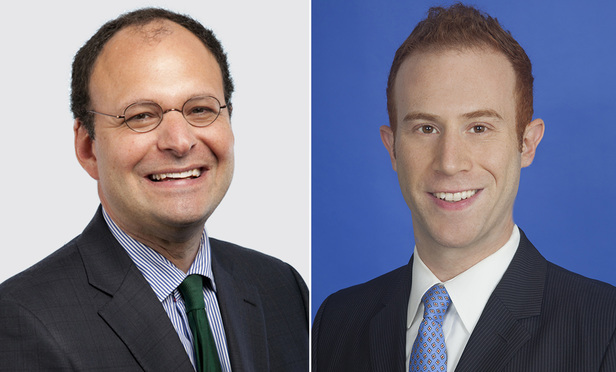Tyson Foods v. Bouaphakeo, No. 14-1146, a case before the U.S. Supreme Court this upcoming term, presents two related questions that could substantially limit class actions brought under FRCP 23(b)(3). May courts certify a class that uses statistical averaging, sampling methods, or other representative proof to overcome differences between class members and determine liability and damages on a classwide basis? May a class be certified when it includes members who have not been injured in any respect by the defendant’s conduct?
At bottom, these questions mirror the perennial debate over the value of the class action mechanism itself. That debate seeks to find the appropriate line between the efficiency of a collective litigation mechanism that avoids the transaction costs of many separate cases and trials, on the one hand, and the need for individualized proof of injury and causation that is required by the Constitution (i.e., restrictions imposed by Article III standing requirements and the Due Process Clause), on the other hand.



